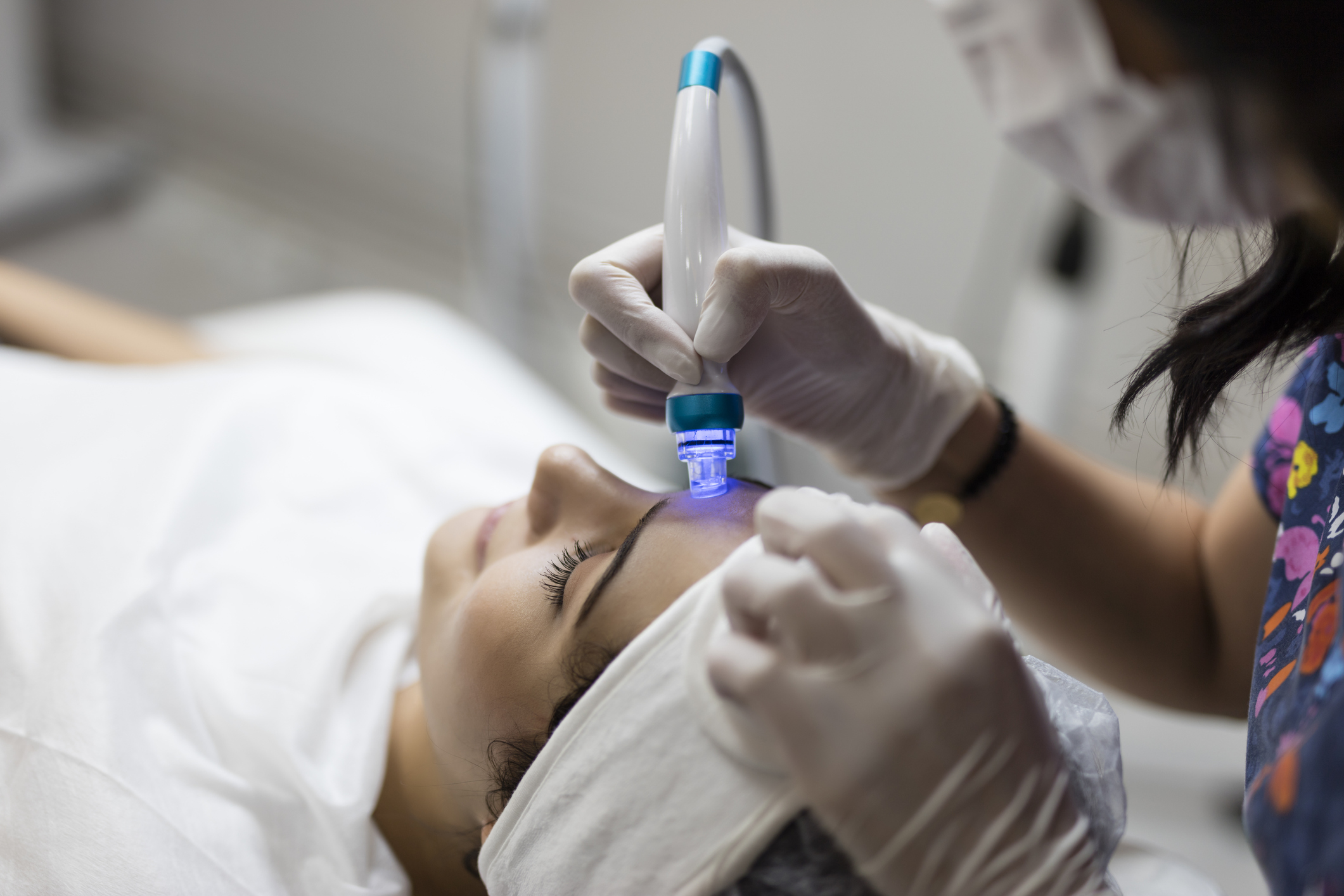Strokes that occur on the right side of the brain go undiagnosed more often than left brain strokes, said a new study.
Since the left side of the brain controls coordination and language, left-brain strokes usually cause clear symptoms, like slurred speech or weakness in the right hand. However, since the right side of the brain controls judgment, symptoms are more subtle.
"It is intuitive that patients, their families and their physicians might be more likely to recognize a disturbance of speech or language than a cognitive deficit," said Dr. John N. Fink of the Christchurch School of Medicine and Health Science in an editorial accompanying the study, which was published on July 30 in The Lancet.
With more right-side strokes going undetected, however, the speed and quality of care may suffer during the early stages of attack, the most critical time in preventing permanent damage. Fink points out that strokes on the right side of the brain may influence relationships, one's abilities at work and the ability to safely drive.
The study is based on data from 11,328 stroke patients in Germany. Of these, 56 percent were found to have had a stroke on the left side of their brain, while 44 percent had one on the opposite side. About 15 percent more patients with left-sided strokes were treated or admitted to the hospital within 3 hours than those with right-side strokes.
A stroke occurs when a blood vessel in the brain becomes blocked or ruptured, resulting in a lack of blood supply to a particular region of the brain. The longer this region goes without blood, the more damage that occurs. Treatments are available to stop the progression of the stroke and to prevent further brain damage.
Diagnosing a right-sided stroke is complicated for two main reasons, the researchers state. First, current stroke-diagnosing methods are designed to look for the symptoms of a left-sided stroke, making a right-sided stroke much harder to diagnose. Secondly, since a right-sided stroke affects awareness and reasoning, a patient is less able to realize that they are acting unusually and seek help in the first place.
Health
"Right sided events are probably perceived by patient or doctor as being less severe or are not identified as a stroke at all," said study author Dr. Christian Foerch, from the Johann Wolfgang Goethe University in Frankfurt, Germany.
The study authors call for an increased awareness of right-sided strokes. But since the symptoms are so unclear, the responsibility resides mostly in the ability of doctors to be better able to identify these strokes and begin treatment quickly.
"It is up to physicians who assess patients with stroke to train other physicians and organize stroke services to improve our standard of performance," said Fink.



